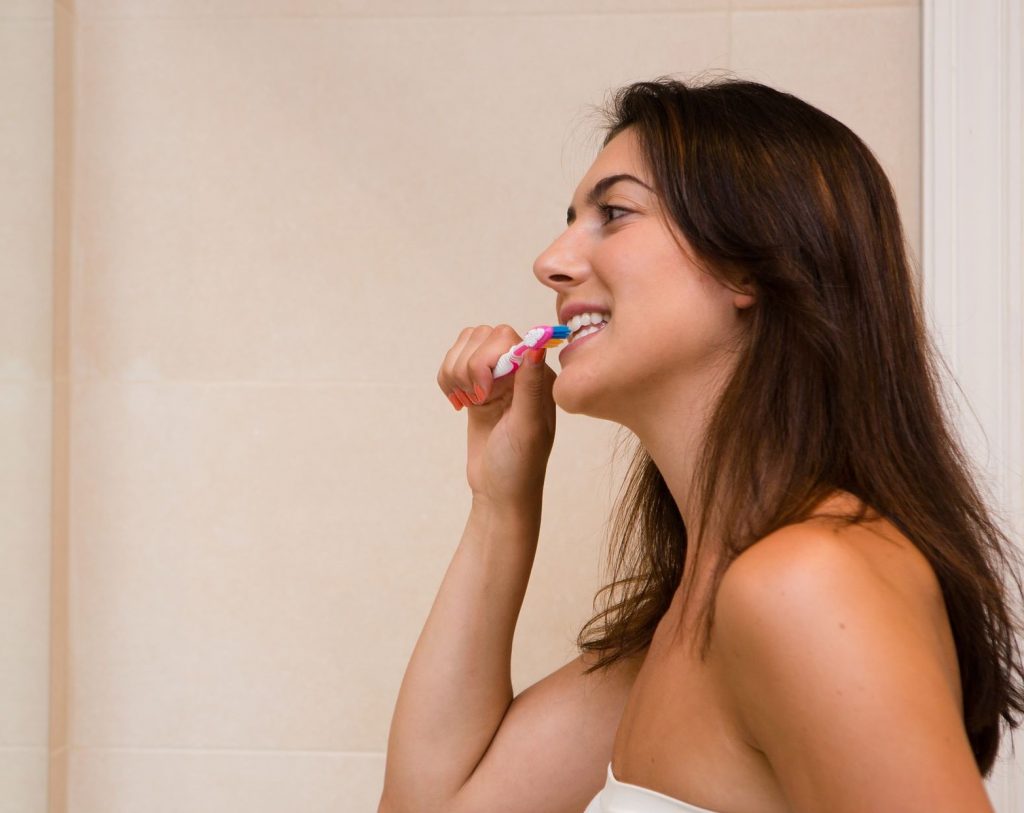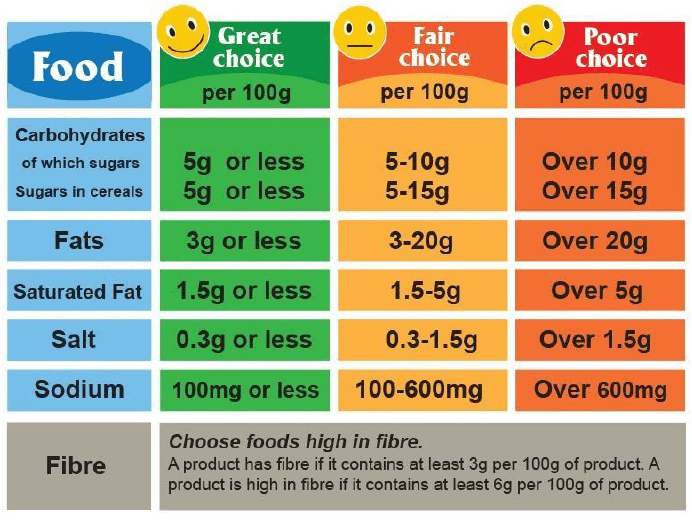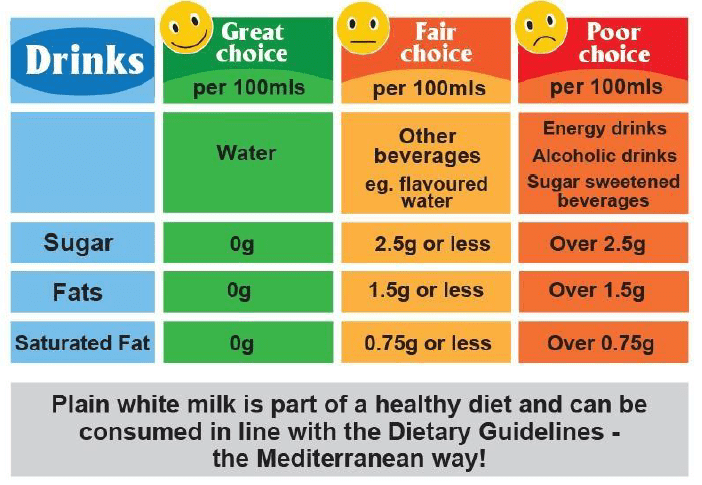
Women have unique oral health concerns due to fluctuating hormone levels during menstrual cycle, pregnancy and menopause…
Oral health is the health of your mouth, including your teeth, gums, throat, and the bones around the mouth, joints and chewing muscles. Good oral health is more than just decay-free teeth. The mouth is the gateway to the body and will also reflect many systemic health problems, such as diabetes, leukaemia and lupus.
General care for your mouth
Dentists recommend that everyone brush their teeth at least twice a day for two minutes with fluoride toothpaste (concentration as close to 1500ppm F-as possible – you find this at the back of your toothpaste tube) and floss once a day. Flossing cleans between your teeth, a place that you cannot reach by brushing alone. You can also use alternatives to floss which include interdental brushes (which come in a variety of sizes, the size of which will be recommended by your dentist or dental hygienist), wooden or plastic picks and water flossers.
The most important brushing episode of the day is brushing your teeth last thing before going to bed at night. Another brushing episode should happen at another point during the day.
If aiming to decrease the chances of having bad breath, the best time for the other episode for toothbrushing is after having your breakfast. When you brush your teeth, you should only use a pea size of toothpaste and when you finish brushing, you should not rinse your mouth, but just spit out the excess toothpaste. If using a mouthwash, do not use immediately after brushing. Wait for at least an hour, or else use at another time during the day, for example after lunch.
Most people should go to the dentist once or twice a year. Your dentist may suggest that you attend more often if you have a health problem such as diabetes or a weakened immune system, as these health problems can make you more likely to develop gum disease or other dental diseases.
Tooth decay
Many different types of bacteria live in your mouth. Some are beneficial to your dental health, but others produce acid in your mouth whenever they digest sugar, which in turn can damage the enamel of teeth. The minerals in your saliva, such as calcium and phosphate, in addition to fluoride from toothpaste and water, help the enamel repair itself by replacing minerals lost during an “acid attack.” This helps to strengthen your teeth.
However, the repeated cycle of acid attacks causes mineral loss in the enamel. Over time, this weakens and destroys the enamel, forming a cavity or tooth decay, which if left untreated, can spread into the deeper layers of the tooth, causing pain and possible tooth loss.
The signs of tooth decay include toothache, pain when chewing and sensitivity to sweet, hot or cold foods and drinks.
To prevent tooth decay, consume a maximum of 25g of free sugars daily and try to limit sugar consumption to meal times only. Free sugars are what we call any sugar added to a food or drink, or the sugar that is already in honey, syrup and fruit juice. These are free because they’re not inside the cells of the food we eat. The sugars found in whole/sliced fruit, vegetables and milk don’t seem to have a negative effect on our health, and they come with extra nutrients, such as fibre. When fruit is turned into fruit juice, the sugars come out of their cells and become free sugars. The fibre is lost
and it is easier to consume extra sugar without realising. You wouldn’t eat four oranges in a row but you might drink their juice in one glass of orange juice without feeling full.
Sugars do not only affect our teeth. Extra sugar means extra calories and eating too many calories could lead to obesity, which raises your risk of heart disease and diabetes and is also linked to cancer.
To know more about the content of sugars in the foods and drinks that you consume, check out their ingredient labels to assess whether they are a good choice for your health.


Gum disease
Oral health problems, such as gum disease, might be a sign that you have other health problems.
Gum disease is an infection of the tissues that hold your teeth in place. It is caused by plaque, which is a sticky layer of bacteria that forms on your teeth when they are not brushed or flossed in a way that allows plaque to build up on the teeth and harden.
If left untreated, the bacteria in plaque can destroy the tissue and bone around your teeth, leading to tooth sensitivity, tooth mobility and eventual tooth loss. The bacteria can also travel throughout your body and make you sick.
Oral health for women
Women have unique oral health concerns. Changing hormone levels during your menstrual cycle, pregnancy, and menopause can raise your risk of problems in your mouth, teeth, or gums.
Changing hormone levels at different stages of a woman’s life can affect oral health.
When your hormone levels change, your gums can get swollen and irritated. Your gums may also bleed, especially during pregnancy, when your body’s immune system is more sensitive than usual. This can cause inflammation (redness, swelling, and sometimes pain) in the gums. Regular, careful brushing and flossing can lessen gum irritation and bleeding.
Your menstrual cycle (periods)
Hormone levels go up and down throughout your menstrual cycle. During ovulation and a few days before you start your period, higher levels of the hormone progesterone may cause swelling in your gums. Your gums may be red and bleed more than usual.
Hormonal birth control
Hormonal birth control, such as the pill, shot, vaginal ring, or hormonal intrauterine device (IUD), can raise the levels of the hormones oestrogen and progesterone in your body. These higher levels of hormones may make your gums sensitive, red, or swollen.
Hormones can also affect how your mouth heals after getting dental treatment such as extractions or surgery. Women on hormonal birth control have a higher risk of a condition called dry socket after such procedures. It is important to always update your dentist about all the medications you
take, including birth control.
Pregnancy
During pregnancy your gums may bleed easily when you brush or floss, a sign of gum disease commonly known as “pregnancy gingivitis”. Though it is often temporary, it can seriously weaken the tissues that hold your teeth in place and you shouldn’t ignore it. It usually only affects you if you’ve previously had some gum inflammation and generally if you’ve kept up a regular routine of brushing, flossing and dental visits before pregnancy, it shouldn’t affect you.
You may also develop what are called “pregnancy tumours” (officially pyogenic granulomas), which are red lumpy lesions that appear along the gum line and between the teeth. Don’t worry – they’re quite harmless, and usually go away once you start brushing your gums properly and you have had your baby.
Unusual food cravings are a fact of life for many women during pregnancy.
If your cravings take a turn towards the sweet end of things, try to limit the sugary snacks and instead, choose healthier options such as fresh fruit with natural or Greek yoghurt.
Pregnancy can make brushing difficult. Some women experience nausea from strongly flavoured toothpastes or from the actual brushing action itself. Switching to a neutral-flavoured toothpaste and a toothbrush with a small soft head may help in these instances.
If you have morning sickness that causes vomiting, the stomach acid that comes up during vomiting can wear out the tooth enamel (the hard, protective coating on the outside of your teeth).
Heartburn, another common pregnancy discomfort, can also wear down your tooth enamel over time if stomach acid is coming up into your throat and mouth. To prevent this erosion, it is recommended to rinse your mouth with 1 teaspoon of baking soda mixed in a cup of water 30 minutes before brushing your teeth.
Infections in your mouth can also affect your unborn baby if you are pregnant. You need to continue your regular dentist visits to help protect your teeth during pregnancy. Ideally, schedule your dental exam early in your pregnancy. After your 20th week of pregnancy, you may be uncomfortable sitting in a dental chair. Inform your dentist that you are pregnant. Because you are pregnant, your dentist might not take routine x-rays, even though the health risk to your unborn baby from x-rays is very
small.
If you need emergency treatment or specific dental x-rays to treat a serious problem, your dentist can take extra care to protect your baby while taking the required images.
Have all needed dental treatments. If you avoid treatment, you may risk your own health and your baby’s health.
Menopause
Very low levels of the hormone oestrogen after menopause can affect your oral health in a number of ways. You may experience a dry mouth, which can cause sore and sensitive gums, cavities, ulcers, infections, tooth decay, a burning sensation in the mouth, a change in taste perceptions and osteoporosis which can make gum disease develop more quickly. Your dentist may suggest that you attend more often, especially if you are suffering from a dry mouth.
Diabetes
People with diabetes have a higher risk of gum disease – in fact gum disease is the sixth most common complication from diabetes. If you have diabetes, your risk is also higher for getting a dry mouth.
Gum disease can make diabetes worse.
By managing your blood sugar, brushing and flossing every day, and visiting your dentist regularly, you can help prevent gum disease, which in turn will help keep your diabetes under control.
Eating disorders
Vomiting, or purging, and eating only small amounts of food can affect your oral health. Stomach acids from throwing up can stain and erode your teeth. If you aren’t eating enough food, your body does not get enough nutrients, and your bones, including the bones making up your mouth may also become brittle and weak because you are not getting enough calcium.
Dental anxiety
Some people avoid the dentist because they are afraid of the physical pain that is often psychologically associated with dental treatment – most times due to having had a bad experience in the past. Women who experienced trauma or violence may also have trouble sitting or lying in a dentist’s chair because of post-traumatic stress or fear.
Talk with your dentist about any concerns that you have in this regard so as to find ways to make you more comfortable before the exam begins. For example, you may prefer to see a female dentist or to have a female assistant in the room during the visit. It may also help to bring a friend or loved one to the dentist with you. Your dentist can also make you feel more in control by explaining what will happen next throughout the visit and agreeing to stop at any time if you signal to do so. Your dentist can also help you relax by playing music, having a TV in the room, or using other relaxation techniques. Some dentists may suggest giving you medicine or using sedation techniques to help you relax.
If anxiety prevents you from going to the dentist, you may want to talk to a mental health professional, such as a psychologist. Therapy may help reduce your anxiety or fear.
Oral health is a vital part of overall health, so removing fear or anxiety about dental visits is worth the time and
effort.
Take home tips for preventing oral health problems:
- Visit your dentist once or twice a year. Your dentist may recommend more or fewer visits depending on your particular oral and general health needs.
- Choose healthy foods. Limit the amount of sugary foods and drinks you have.
- Brush your teeth and gums twice a day for two minutes with a fluoridated toothpaste and floss or use an interdental cleaning aid once a day. Do not rinse after brushing.
- Don’t smoke. Smoking raises your risk of gum disease and mouth and throat cancers. It can also stain your teeth and cause bad breath.
- Drink less sugary drinks and try to replace them with water. Even diet drinks contain acids that can erode tooth enamel. Don’t add sugar to your tea or coffee, and avoid sugary snacks or stick to small portions.

Dr Ethel Vento Zahra BChD (Melit.), MSc (Melit.), DDPH RCS from Xarolla Dental Clinic, Zurrieq, along with a young dental practitioners team, provides quality dental services in a relaxing environment using the latest technology.





